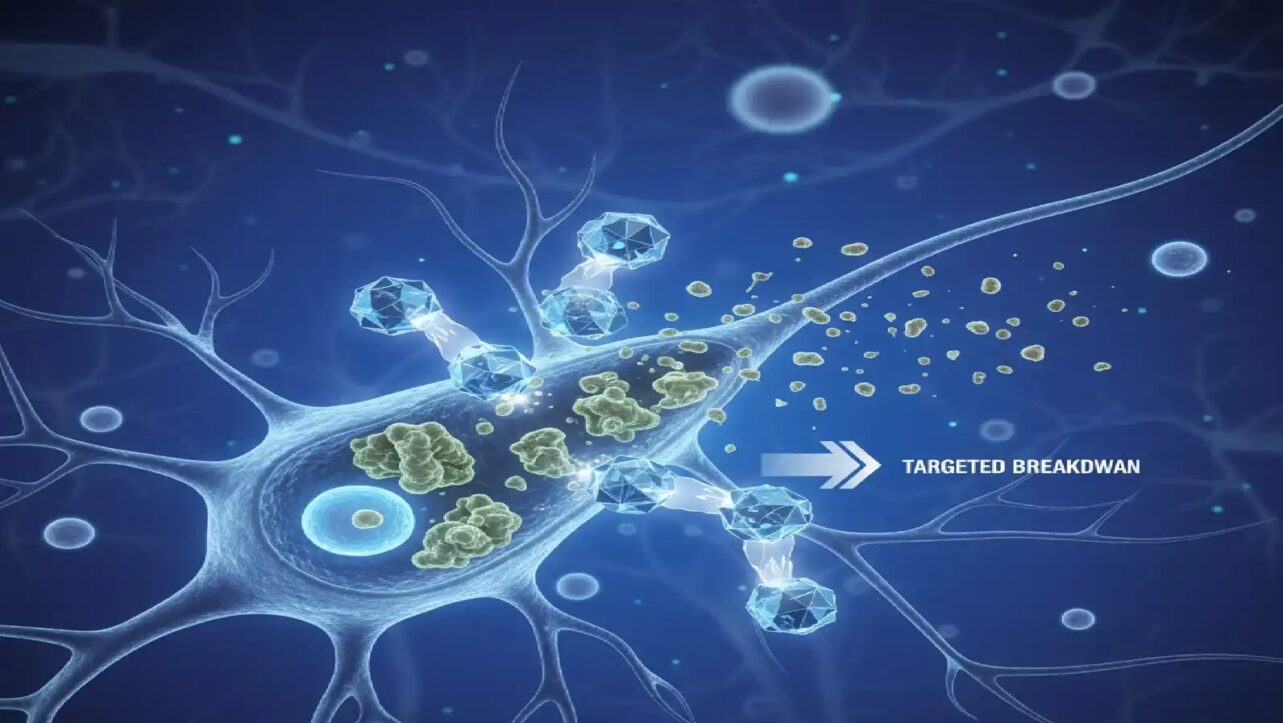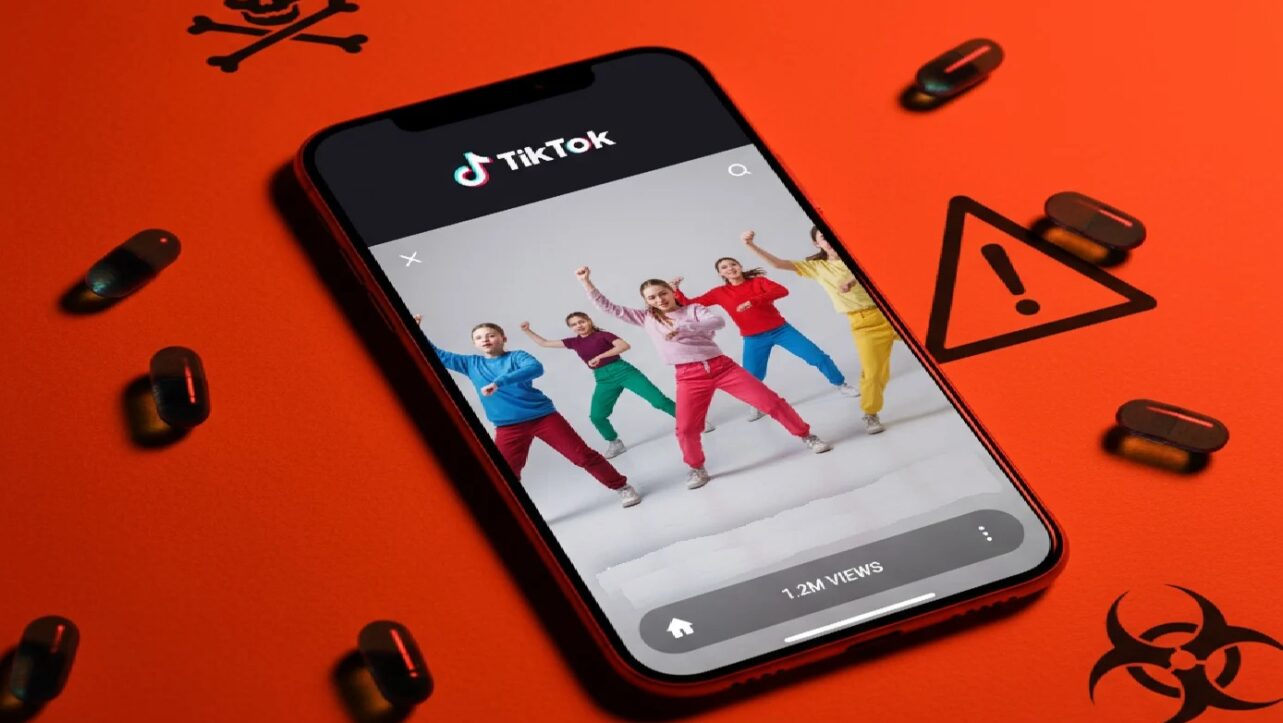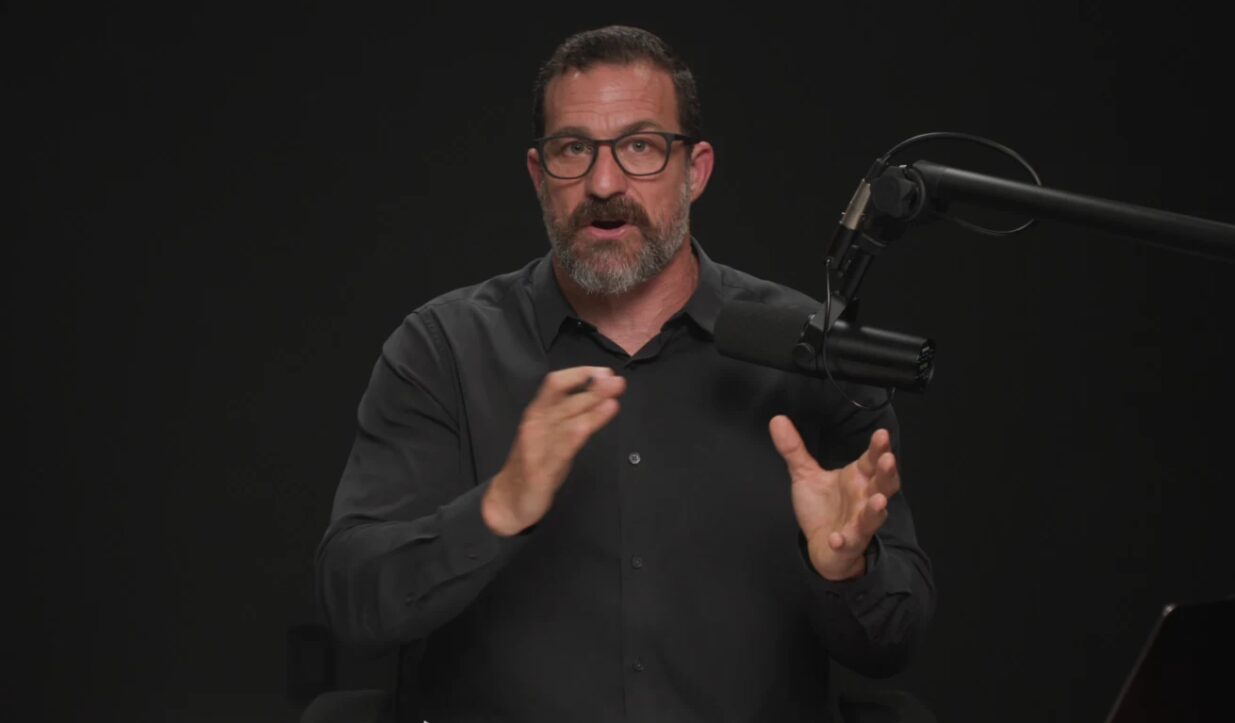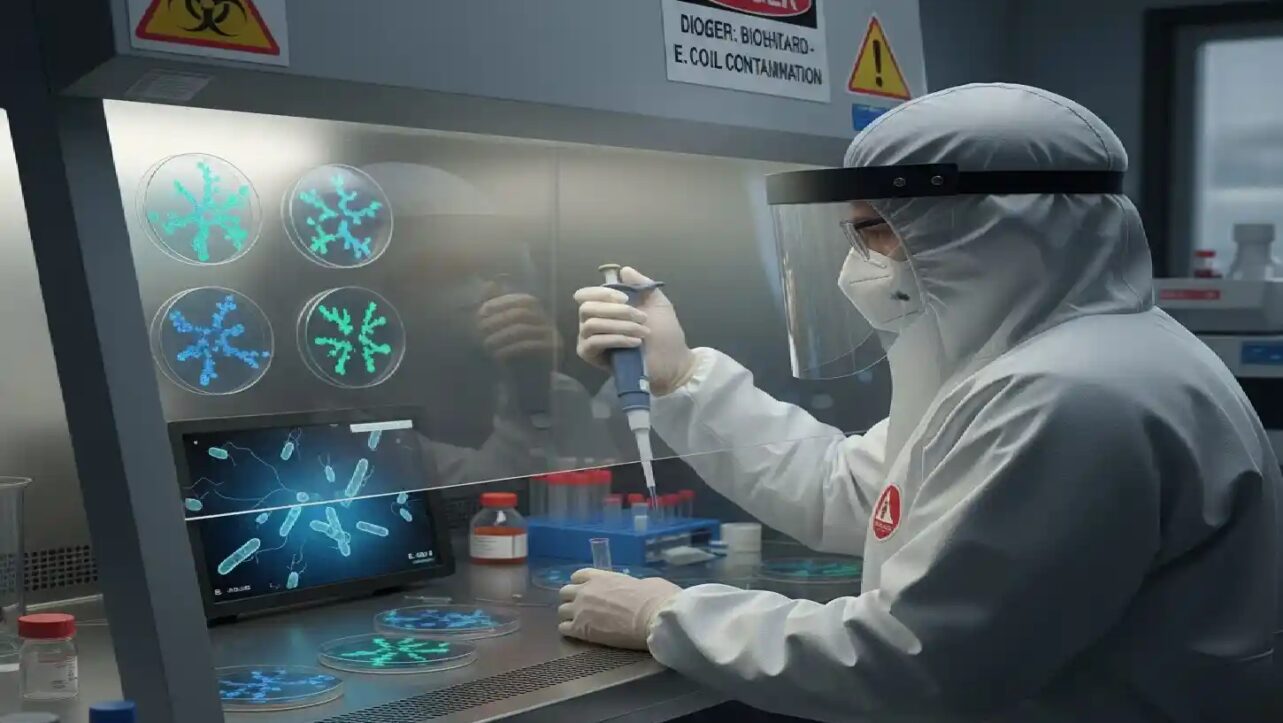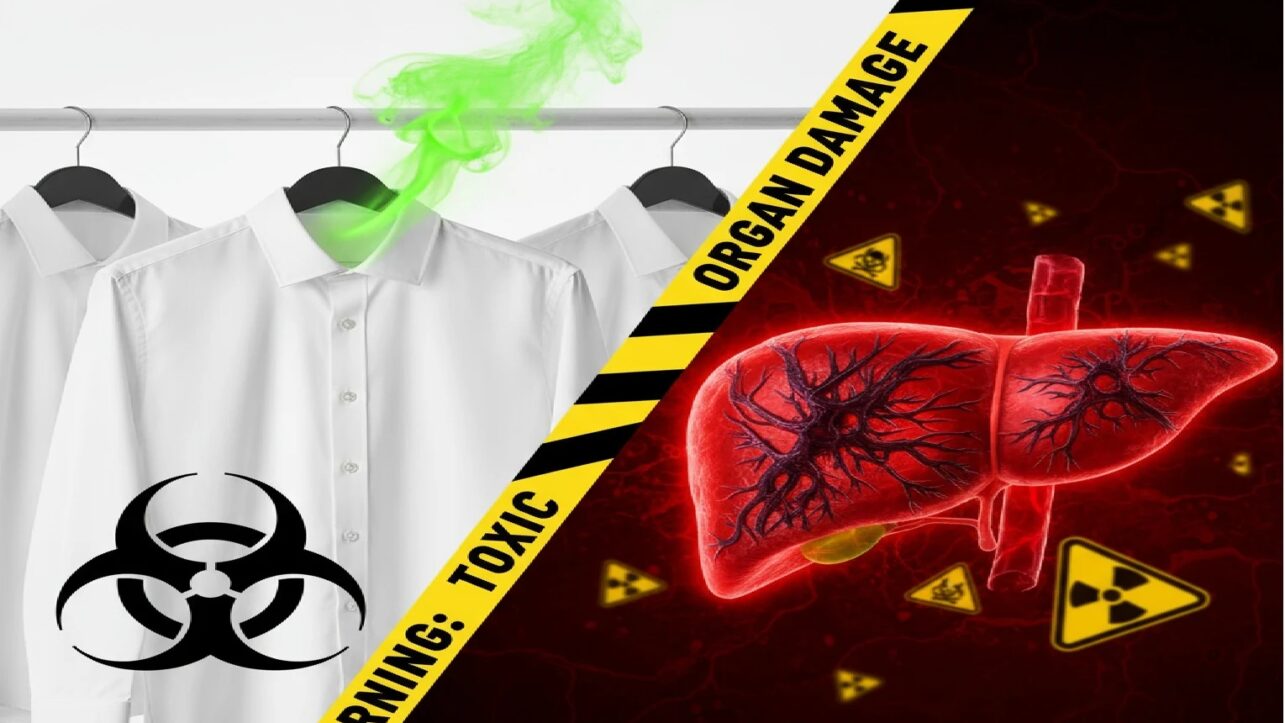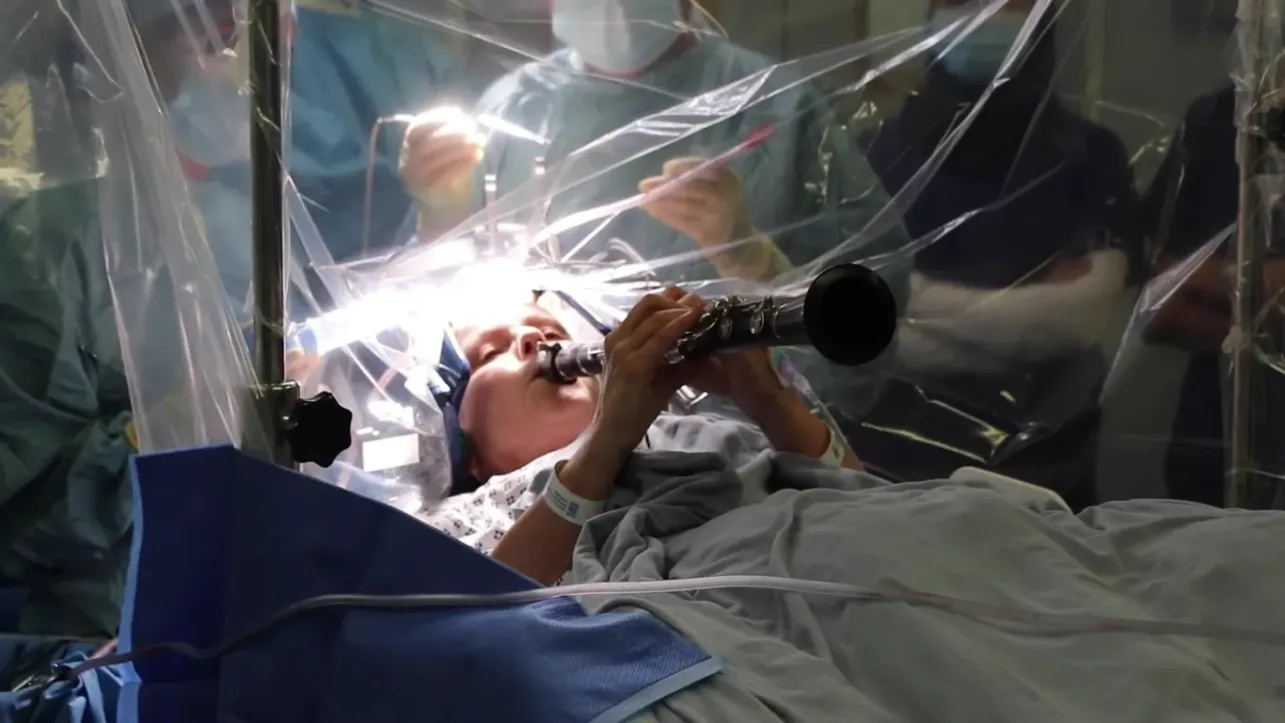A newborn baby lies in a neonatal intensive care unit, hooked to monitors and ventilators, fighting for life against an unknown genetic disease. Doctors scramble to understand what’s wrong, but traditional testing takes weeks—time the baby doesn’t have. Now, a groundbreaking achievement announced on October 14, 2025, could change this terrifying scenario forever.
Boston Children’s Hospital, the Broad Institute, and Roche have set a new GUINNESS WORLD RECORDS title for the fastest DNA sequencing technique, completing whole genome sequencing in under four hours. The breakthrough, published in the New England Journal of Medicine, shatters the previous record of 5 hours and 2 minutes set by Stanford University in 2022.
For critically ill infants with rare genetic conditions, this means the difference between life and death.
The Life-or-Death Race Against Time
Every year, thousands of babies are born with rare genetic diseases that cause seizures, organ failure, metabolic crises, and unexplained medical emergencies. In neonatal intensive care units worldwide, doctors face an agonizing challenge: they know something is genetically wrong, but traditional testing takes 2-4 weeks to identify the specific mutation.
During those weeks, babies deteriorate. Doctors resort to trial-and-error treatments. Invasive tests are performed repeatedly. Parents watch helplessly as their newborns suffer.
“When a baby is critically ill in the NICU and we suspect a genetic cause, every hour matters,” explained researchers from Boston Children’s Hospital. “The ability to get a diagnosis the same day changes everything about how we can help these patients.”
From Morning Sample to Afternoon Diagnosis
The new ultra-rapid genome sequencing process works with remarkable speed. A blood sample collected in the morning can yield a complete genetic diagnosis by afternoon of the same day.
The technique utilizes Roche’s novel Sequencing by Expansion (SBX) technology, which the company has been developing for years. Unlike traditional sequencing methods that require lengthy preparation steps, SBX streamlines the entire process from sample to result.
“This achievement represents a major milestone in genomics,” Roche announced at the American Society of Human Genetics meeting. “We’ve now proven that same-day genome sequencing is not just possible—it’s clinically achievable and scalable.”
The Broad Institute’s Clinical Labs, in collaboration with Boston Children’s Hospital, conducted the record-breaking sequencing runs that earned the Guinness World Records title.
What Makes This a Breakthrough
Previous rapid genome sequencing methods took 5-8 hours at best, and that was under ideal research conditions. In real-world clinical settings, the process typically required 1-2 weeks from sample collection to diagnostic report.
The new four-hour protocol includes:
- Sample preparation and DNA extraction
- Complete whole genome sequencing (reading all 3 billion DNA letters)
- Computational analysis to identify disease-causing mutations
- Clinical interpretation by geneticists
- Delivery of actionable diagnostic results
This compressed timeline transforms genetic medicine from a retrospective tool into an emergency diagnostic service.
Real Lives, Real Impact
While specific patient cases from the record-breaking runs remain confidential, the clinical benefits are clear and profound.
Avoid Unnecessary Suffering
With rapid diagnosis, doctors can immediately stop ineffective treatments and begin targeted therapies specific to the baby’s genetic condition. This eliminates the trial-and-error period that often involves invasive procedures, multiple medication trials, and prolonged suffering.
Precision Treatment from Day One
Some genetic conditions have specific treatments that only work if started immediately. For example, certain metabolic disorders can be managed with specialized diets or enzyme replacements—but only if diagnosed in time. Hours can make the difference between normal development and permanent brain damage.
Prognostic Information for Families
Rapid sequencing also provides families with critical information about their baby’s condition, prognosis, and potential treatment options—allowing them to make informed decisions during the most difficult moments of their lives.
Preventing Diagnostic Odysseys
Many families with undiagnosed genetic conditions spend years seeking answers, traveling from specialist to specialist, undergoing countless tests. Rapid genome sequencing can end this “diagnostic odyssey” in a single day.
The Technology Behind the Record
Roche’s Sequencing by Expansion technology represents a fundamentally new approach to reading DNA.
Traditional sequencing methods involve complex library preparation steps, amplification processes, and lengthy sequencing runs that consume hours or days. SBX technology streamlines these steps through innovative chemistry and computational approaches.
The system integrates:
- Rapid sample processing protocols optimized for clinical urgency
- High-throughput sequencing hardware capable of reading DNA at unprecedented speeds
- Advanced artificial intelligence algorithms that analyze genetic data in real-time
- Cloud-based computational infrastructure that enables parallel processing of multiple genomes simultaneously
Roche demonstrated the technology’s capabilities at the ASHG 2025 conference, where they revealed additional advances including improved accuracy rates and expanded clinical applications.
Beyond the NICU: Broader Applications
While the immediate focus is on critically ill newborns, ultra-rapid genome sequencing has transformative potential across medicine.
Emergency Departments
Patients presenting with unexplained seizures, strokes, or metabolic crises of unknown origin could receive genetic diagnoses during their emergency department visit.
Cancer Treatment
Rapid tumor genome sequencing could enable oncologists to identify the specific mutations driving a patient’s cancer and select targeted therapies within days rather than weeks.
Infectious Disease
During future pandemic scenarios, rapid genome sequencing could help identify novel pathogens, track viral evolution, and guide public health responses in real-time.
Pharmacogenomics
Before prescribing medications, doctors could rapidly sequence genes affecting drug metabolism, preventing adverse reactions and optimizing dosing.
The Global Rare Disease Crisis
Approximately 400 million people worldwide live with rare diseases, and 80% of these conditions have genetic causes. Yet most patients wait years for diagnosis, and many never receive one.
The World Health Organization estimates that 1 in 10 people globally has a rare disease. In neonatal intensive care units specifically, genetic conditions account for a significant portion of critically ill infants.
“Rare diseases are collectively common,” researchers emphasize. “While any individual condition affects few people, together they represent an enormous burden of human suffering. Rapid genome sequencing gives us a tool to help these patients.“
From Weeks to Hours: A Parent’s Perspective
Imagine being told your newborn has a life-threatening condition, but doctors don’t know what it is or how to treat it effectively. You’re told genetic testing has been ordered, but results won’t arrive for 2-4 weeks.
You watch your baby struggle. Medical teams try different interventions, hoping something helps. Days blur into sleepless nights in the NICU. Other babies are discharged home with their families. Yours remains in crisis, diagnosis unknown.
Now imagine instead: blood is drawn in the morning, and by late afternoon, the medical team sits with you to explain that they’ve identified the specific genetic mutation causing your baby’s condition. They outline a treatment plan. Hope replaces helplessness.
This is the reality ultra-rapid genome sequencing creates.
Previous Record Holders
Stanford University held the previous Guinness World Record at 5 hours and 2 minutes, achieved in 2022. That breakthrough represented years of optimization and coordination between sequencing technology, laboratory workflows, and computational analysis.
Stanford’s team demonstrated that sub-6-hour genome sequencing was possible and clinically valuable, diagnosing genetic conditions in critically ill infants and enabling rapid treatment changes.
The new record of under 4 hours builds on Stanford’s foundation while incorporating next-generation technology that further streamlines the process.
The Road Ahead
While achieving a Guinness World Record captures headlines, the researchers emphasize that the real goal is making ultra-rapid genome sequencing routinely available to patients who need it.
Scaling Beyond Research Centers
Currently, the record-breaking sequencing occurred in specialized research facilities with cutting-edge equipment and expert personnel. The next challenge is making this capability available at hospitals worldwide.
Cost Considerations
Whole genome sequencing costs have dropped dramatically over two decades—from $100 million for the first human genome to under $1,000 per genome today. Rapid sequencing protocols typically cost more due to urgent processing requirements, but economies of scale and technology improvements continue to reduce prices.
Clinical Integration
Hospitals must develop workflows, training programs, and genetic counseling resources to support rapid genome sequencing as a standard diagnostic tool rather than an exceptional measure.
Expanding Indications
As the technology becomes more accessible, clinical guidelines will likely expand to include rapid genome sequencing for a broader range of medical emergencies beyond the NICU.
A New Era in Genetic Medicine
The achievement of sub-4-hour whole genome sequencing marks a turning point in medical history. Genetics has evolved from an academic curiosity to a research tool to now an emergency diagnostic service capable of saving lives in real-time.
Just 22 years ago, the Human Genome Project completed the first full human genome sequence after 13 years of international effort and billions of dollars in funding. Today, that same information can be generated in under four hours.
The Guinness World Records title serves not just as recognition of scientific achievement, but as a milestone marking the moment genetic medicine entered the emergency era.
For parents of critically ill newborns, for patients with undiagnosed conditions, and for the future of precision medicine, this breakthrough represents something profound: the promise that genetic answers—and the treatments they enable—are no longer weeks away, but hours away.
As Dr. Euan Ashley from Stanford, who led the previous record-breaking team, noted in 2022: “Speed is not just about breaking records. It’s about saving lives“.
The new world record proves that in genetic medicine, every hour truly matters.


